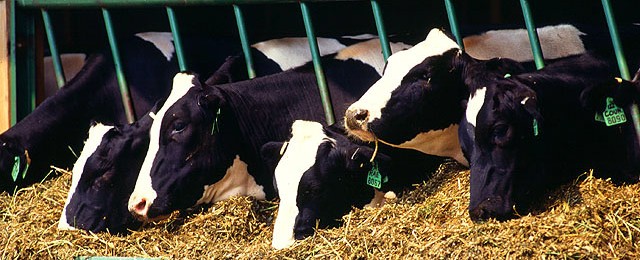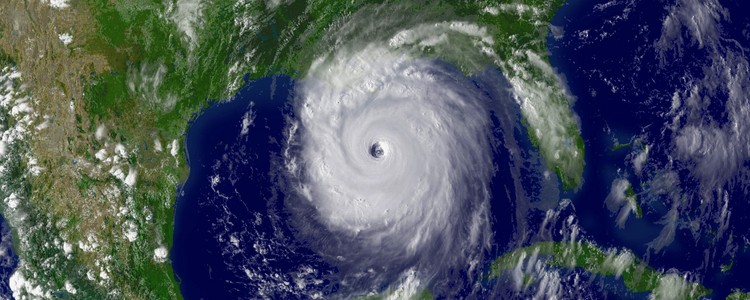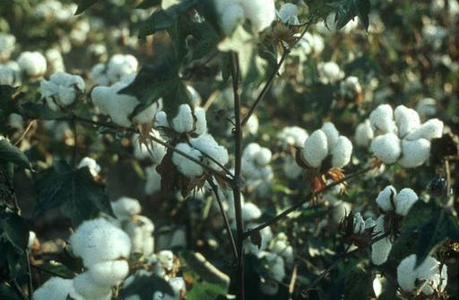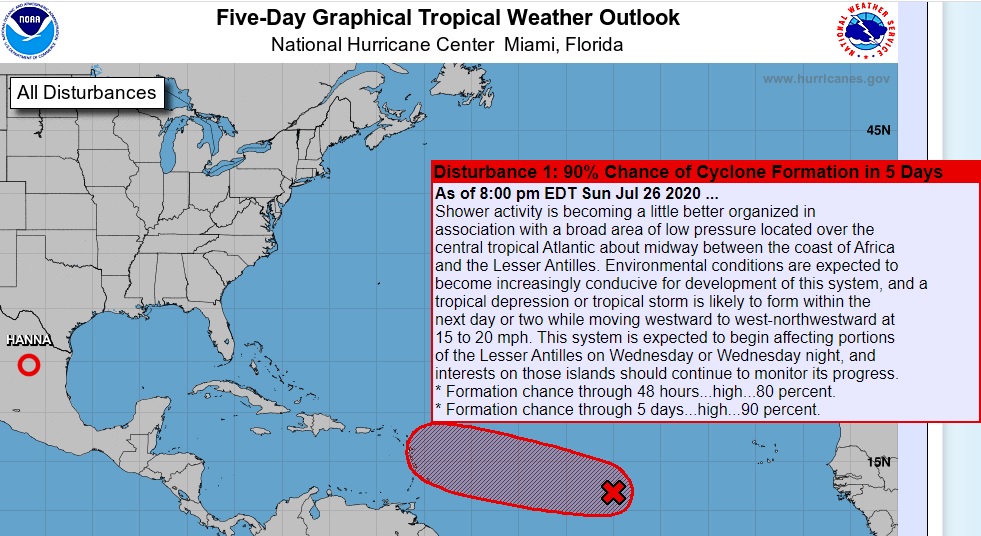Climate and Ag in the news
-

Since it is hot over a wide swath of the United States, livestock producers everywhere are having to come up with ways to keep their cattle cool. Here is a story from Growing Georgia about how dairy farmers in Pennsylvania are coping with the heat and using fans and sprinklers to keep their cattle more…
-

With an active hurricane season predicted this year, you might be wondering how employees at the National Hurricane Center and National Weather Service are coping with the pandemic and how they are working differently this year. CNN has a story which describes both the changes in how the forecasters do their work and the loss…
-

I ran across this new USDA publication on Twitter this week, and it’s a winner. It contains a very comprehensive description of how climate affects agriculture, including extreme weather, indicators like degree days and chill hours, livestock and outdoor worker heat stress, and crop insurance. I use this information every day in my work, and…
-

The weather recently has been quite dry across a lot of Georgia and Alabama. This has resulted in some issues with cotton and peanuts. Fortunately, it looks like the next week will be rainier, so moisture levels should improve. The big question mark is from Potential TS 9, which is still forming in the Atlantic.…
-

The tropics are definitely heating up, with Hurricane Hanna now dissipating in Mexico after making landfall along the South Texas coast yesterday and TS Gonzalo falling apart in the Antilles. There are several tropical waves proceeding west out of Africa, and the next one is expected to become a tropical depression or storm in the…
-

Many areas of the United States are experiencing dry conditions now, and impacts are starting to be seen in the agricultural community in many locations. The Drought Monitor provides a look at drought in all 50 states plus territories like Puerto Rico. This article in Growing Georgia provides some tips that producers can use to…
-

On July 7 the USDA designated 10 Georgia counties as primary natural disaster areas. Producers who suffered losses due to recent natural disasters may be eligible for U.S. Department of Agriculture (USDA) Farm Service Agency (FSA) emergency loans, according to Morning Ag Clips. The designations were due to a variety of bad weather, including heavy…